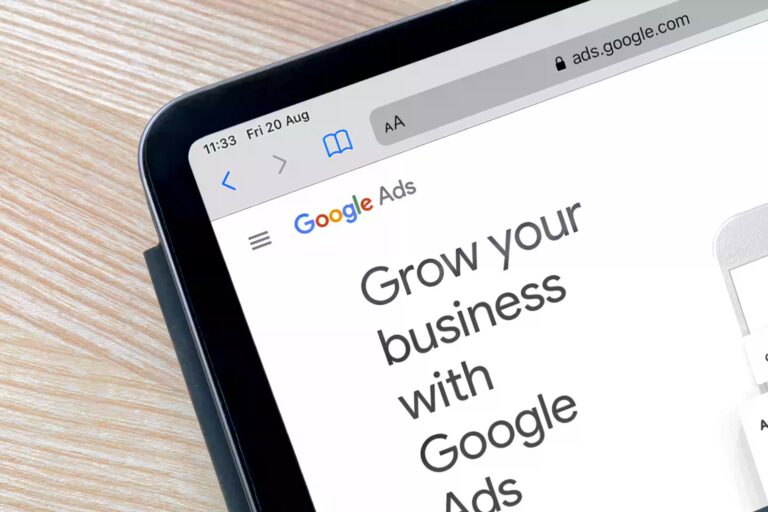 Apps, or ‘mobile applications’, present another opportunity for reaching out to your target audience and encouraging them to engage. They have a huge range of possible functions including entertainment, productivity, navigation, information and commerce. This post will outline the pros and cons of developing an app for your business, and provide some advice for anyone about to jump in and do it.
Apps, or ‘mobile applications’, present another opportunity for reaching out to your target audience and encouraging them to engage. They have a huge range of possible functions including entertainment, productivity, navigation, information and commerce. This post will outline the pros and cons of developing an app for your business, and provide some advice for anyone about to jump in and do it.
Pros
- Almost everyone has a smartphone that runs apps. They’re a part of our lives and we use them all the time, mainly because it’s easier to tap an app than to open a browser and type in a URL. When you’re bored on the underground – Kindle or Flipboard. Mapping a bike ride or a run – Strada. Need to remember something – Evernote or Wunderlist. Video call – Skype. The list goes on, and this is proof that as an idea and a means of reaching people, it works. No matter what industry you’re in, you have millions of ready-made potential users, and a purpose-built ‘store’ to sell it from.
- In terms of the actual development of an app, it used to involve significant coding experience and knowledge of CSS and JavaScript etc. This is no longer the case. Online platforms such as Appery.io and Mobile Roadie have sprung up and provided an easy way to build your very own app, in many cases with simple drag-and-drop functionality. This is great for company directors who don’t want to lock away funds in a dedicated team of developers or even an agency. Instead, they can do it themselves when they have the time and still end up with a good end product. (If you’re in the fortunate position of having a developer team at your disposal, these easy-to-use platforms also allow for code-based customisation.)
- Expanding your client base is always a good thing. Apps are trendy, and if you can do it properly you stand a good chance of improving your company’s image, which is a great way of attracting new business. Still not convinced? Consider this: is there anything your customers could benefit from that you don’t currently offer them? Could you make any part of their experience with you easier or quicker? What about a new booking system that they can use on the go? When you start thinking of all the things you could offer that would enhance the user experience, you’ll most likely wonder why you don’t already have an app.
Cons
- In business, every new venture you undertake may in some way distract you from other important work. You have to manage your time well. When you create an app and put it out there for hundreds or even thousands of people to use, you are creating responsibility for yourself and for your company. Your users will undoubtedly, at some point, request changes or ask questions that require attention. If you’re offering an app-based service, such as golf tee time bookings, you’ll have to check that they’re all being processed properly, and that there are no bugs causing people to be assigned to the wrong time slot. Things can and will go wrong. Can you think of an app on your phone that hasn’t been updated with ‘bug fixes’ at some stage? Most likely not. Maintenance, maintenance and more maintenance.
- Unless you’re a huge global company, or one that has built up around an app right from the start, such as Angry Birds, you will need to market your app extensively to justify the resources you put into it. This is an inherent aspect of any successful campaign for a product or service. The clear downside of this is the possibility of failure. Expectations should be low to begin with, as you gauge customer response and decide whether or not to continue down this path. It’s not the same as a product that’s certain to generate demand and revenue.
- In terms of financial benefits, the app itself might not bring in any money at all. It’s often best to start offering it for free. In so doing you will get more downloads and bring in more new users. Again, however, this all takes time. You won’t get 10,000 downloads in a single day. It may be six months before you feel comfortable to start offering it for a price. Which brings us to the next issue: If you create an app and offer it for free on the Apple App Store or Google Play Store, you cannot then start to charge for it. You must release another ‘paid version’, and consider what (if any) features you can add to the paid version to make people want to download that instead. So it’s a choice. Do you charge from the start and accept the slow download rate, or do you trust that your app will improve people’s overall experience with your company and let it go for free? Decisions, decisions.
So you’re giving it a shot!
Great! Before you go ahead and build it, consider the following points:
- What will be its primary function?
- How will it complement your business? Will you be offering a new service that’s only available through the app?
- How will it enhance a customer’s experience of your company?
- How much will it cost? Subscriptions to app creation platforms, extra work for developers etc.
- What about your competition? Do they have one? And if so, how will yours be better?
- Will you need to regularly update the content?
- Cost?
- Launch it PROPERLY. Sign up for pre-launch services and get users’ attention before you put it out there.
These are a few of the main points you should be thinking about before you embark on this new project. Have a clear idea of what you want it to do, and make sure that everybody involved knows what you want. If you can do all of this properly, and create something that’s user-friendly, helpful, and maybe even fun to use, then you’ll have a success on your hands. If not, or if you don’t think it’s worth the time or effort, then at least it’s something you’ve considered as an option for growing your business.
The best apps are the ones that people want to use every day. They wake up and check it, or can’t wait to tell their friends or colleagues about it. You may not run a social network, or a bank, but you can still make usability, functionality and the ‘how did I cope without this before’ factor work in your favour.









